Why use Drupal?
Why use Drupal? We use it for many reasons, the biggest being because the Drupal community is one of the largest open-source communities in the world. There are more than 1,000,000 dedicated and passionate contributors helping make the platform better, easier and more secure.
Who uses Drupal?
Drupal is used across every industry and vertical! Here are some common industries using Drupal today:
Fintech
More financial institutions are relying on Drupal than ever before especially its robust analytics and data infrastructure technologies using secure APIs.
Government
150+ countries use Drupal in government and intergovernmental agencies making it one of the most sought-out solutions for citizen-centric .gov entities.
Healthcare
From hospitals, research institutes to pharmaceutical, healthcare companies are taking advantage of Drupal’s security and flexibility to deliver exceptional patient engagement and services.
Higher Education
71 of the top 100 universities use Drupal, especially leveraging its multisite functionality allowing you to centrally manage your brand while providing content and independence for each department. The best of all worlds.
Media, News and Content Publishers
73% of the top 30 media companies are leveraging Drupal to help manage the editorial workflows, multi-channel and monetization needs of today’s modern content publishers.
Nonprofits & NGOs
Drupal is the preferred platform for some of the world’s most influential nonprofits that are making a huge impact by being able to deliver their mission.
Retail & eCommerce
80,000+ sites leverage the Drupal Commerce module.
Sports & Entertainment
Some of the largest major league sports teams leverage Drupal to provide its fans with the content, videos and real-time updates that deliver fully personalize and interactive digital experiences.
Travel & Tourism
More travel agencies, cruise lines, travel websites are relying on Drupal to handle their needs from research to booking while handling traffic spikes during peak travel times.
Source: www.drupal.org/industries
Drupal competitors
Drupal is often compared to WordPress and Joomla, however, Drupal is primarily used by larger enterprises and government organizations who want a scalable and more secure platform to host their digital online experiences.
Is Drupal front-end or back-end?
With Drupal, the flexibility continues! You can leverage the Drupal with a traditional, coupled Content Management System (CMS) supporting an Application Program Interface (API) that is tied to both a backend and frontend OR you may need a headless API-only CMS tied only to a backend to help serve up content only and not your front-end layouts.
Why use the Drupal framework?
Drupal is an “out of the box” web content management tool as well as a customizable platform -- to help you build the right tool to serve your content management strategy.
Business and technology leaders use Drupal to create real-world enterprise solutions that empower web innovation. Because we all have different needs, Drupal allows you to create a unique space in a world of cookie-cutter solutions.
Highly Scalable
Drupal’s scalability means it can handle the largest, most high traffic sites in the world.
Mobile First
Easily build responsive sites and web applications that deliver optimal experiences no matter the device.
3rd Party Integrations
Easily expand your capabilities by leveraging a huge ecosystem of applications that are easily deployed leveraging Drupal’s API first architecture.
Security
Having one of the largest open source communities in the world and a dedicated team of security experts, Drupal provides countless resources and capabilities to stay secure to protect your sites and your business.
Easy Content Authoring
Drupal provides all the essential tools for your content creation and publishing needs including an easily customizable WYSIWYG editor, workflows for editors and many site admin capabilities.
Personalization
Turn every visit into a relevant content experience to increase your site visitor’s interest.
Marketing Automation
Easily integrate with automation platforms. To help convert potential leads into wins. With an API first architecture, there is so much more you can do with Drupal!
Multisite
You can manage many sites across your organization, brands, geographies, departments, and even campaigns using a single platform to help you maintain consistency and control.
Multilingual
Drupal can easily handle your localization strategy by allowing you to deliver your sites to a global, multilingual audience.
What can you build with Drupal?
These are just a few of the common projects built with Drupal CMS at its core:
Websites
The most common use of Drupal is to build highly secure, flexible and scalable websites to highlight products, services, content, videos, etc.
Intranets/Portals
More and more organizations are leveraging Drupal to build custom, private content portals with custom workflows to announce the news, meeting notes, training/education modules, directories and so much more.
Interactive Apps
By leveraging the back-end functionality of Drupal, you can power any front-end technology to build fully accessible, interactive, mobile friendly-apps that can be used for many different use cases.
Marketing Portals
Build amazing landing pages that are SEO optimized, personalization portals for your ABM campaigns and much more.
Lastly, some fun facts about Drupal!
Drupal was originally created by Dries Buytaert in 2001 as a discussion forum for universities.
The word Drupal was named after the Dutch term “druppel” which means “drop”.
The Drupal community is now one of the world’s largest open-source projects with over 1,000,000 contributors. Think about that, no proprietary software platform would have the resources to pay that many contributors, instead it's an open ecosystem where we all contribute and gain advantages. WOW!
Still interested in learning more or experiencing Drupal first hand?
Try our Drupal pilot program where you can try Drupal for FREE!
You can also check out our Drupal Services including Design, Development and Hosting.
Thanks for reading!





